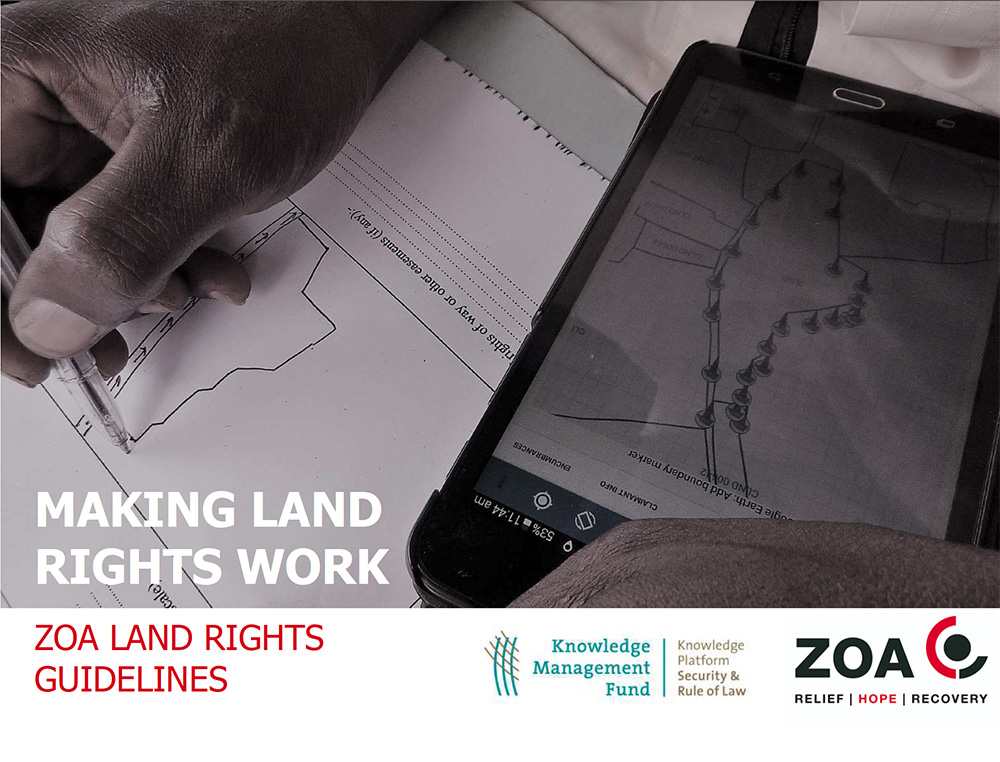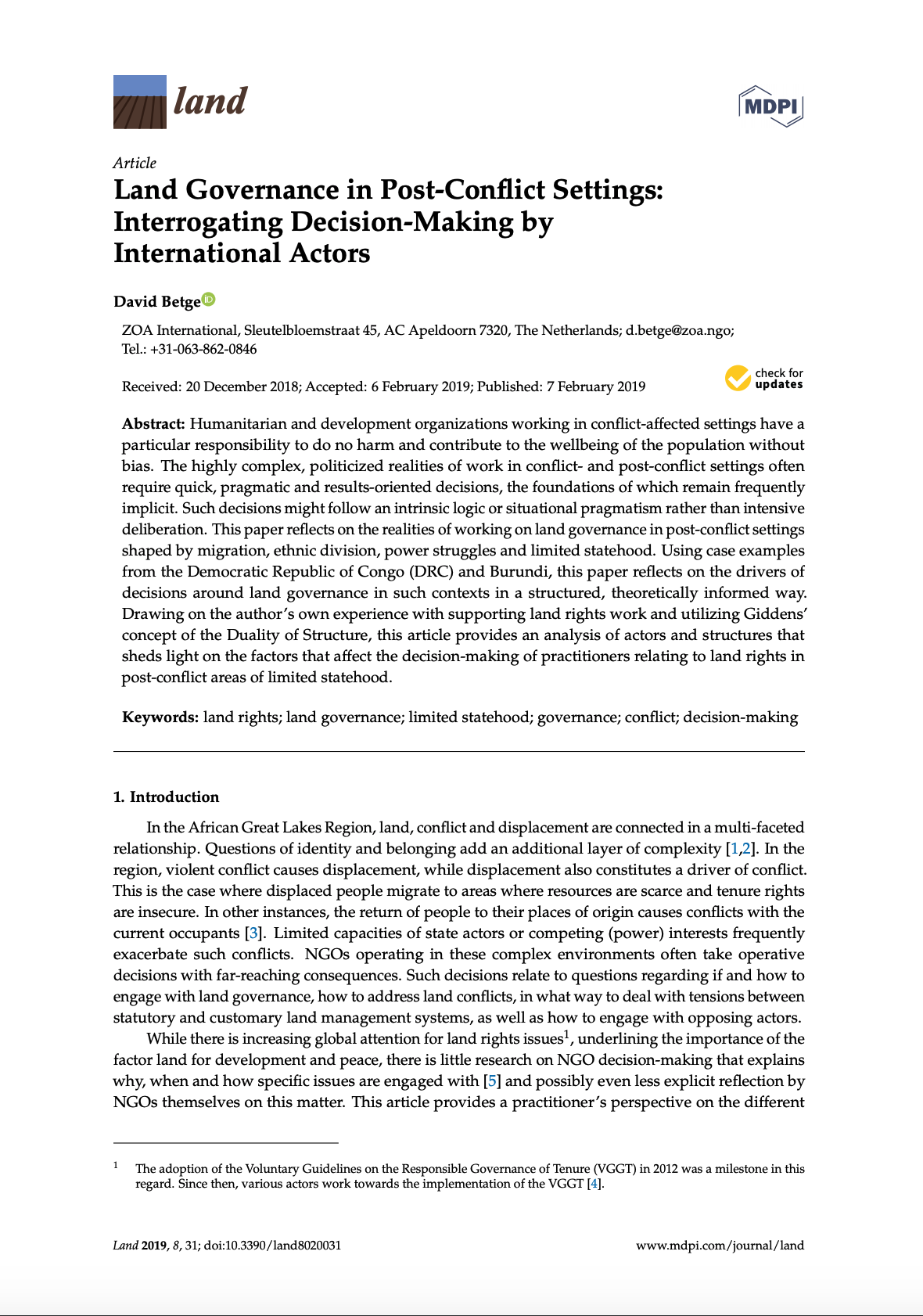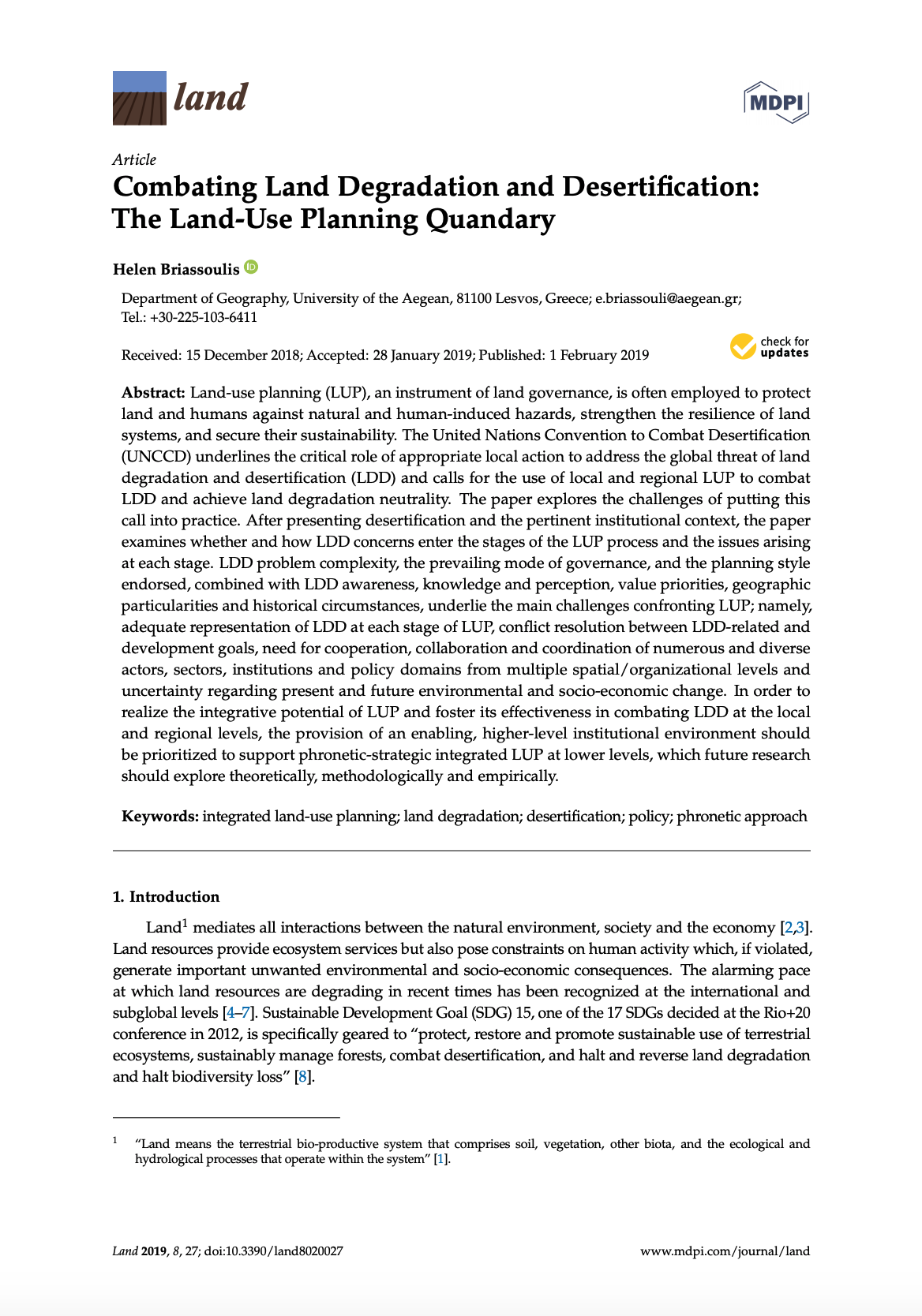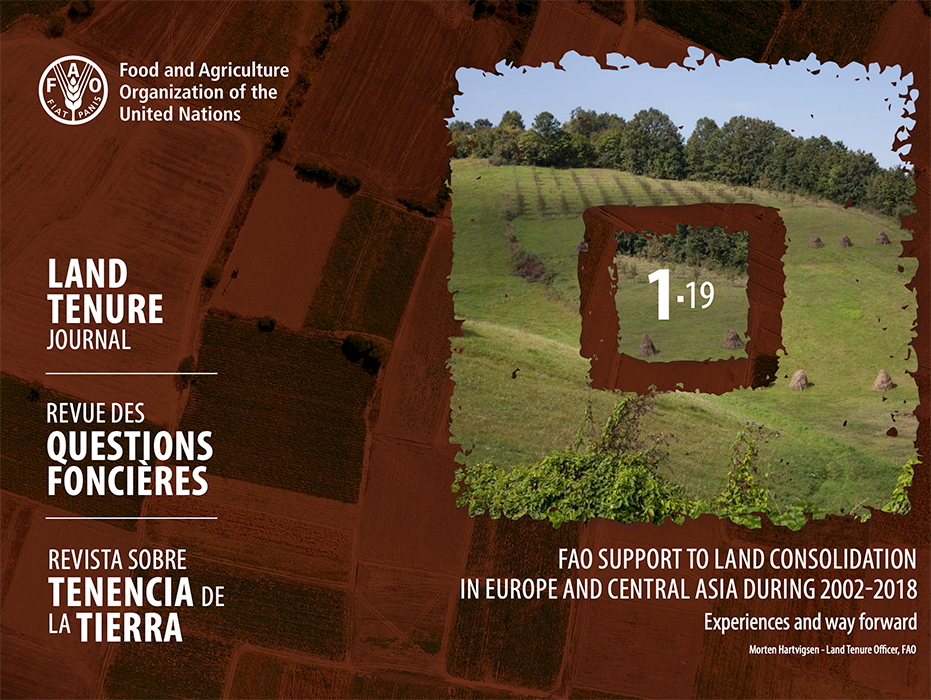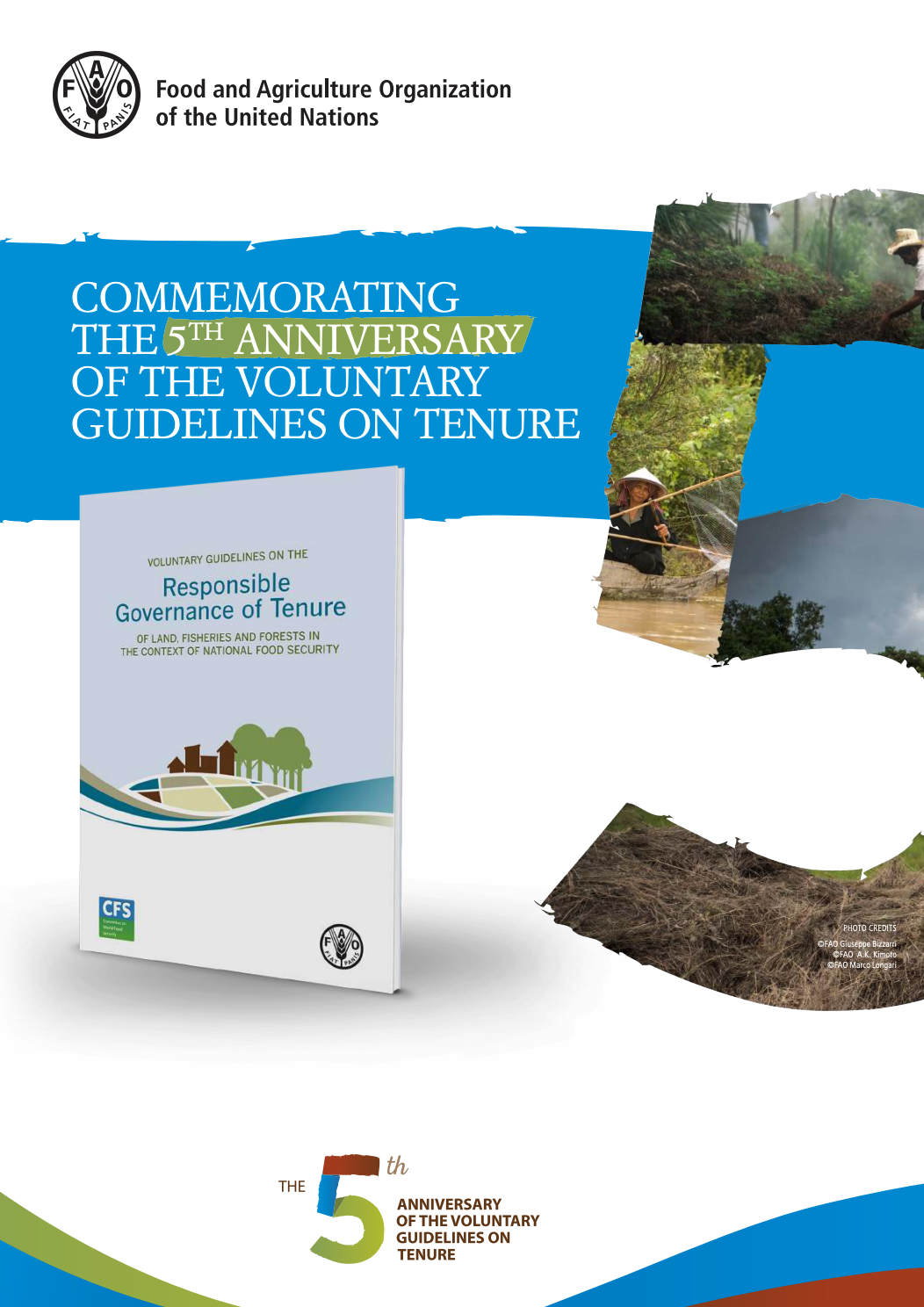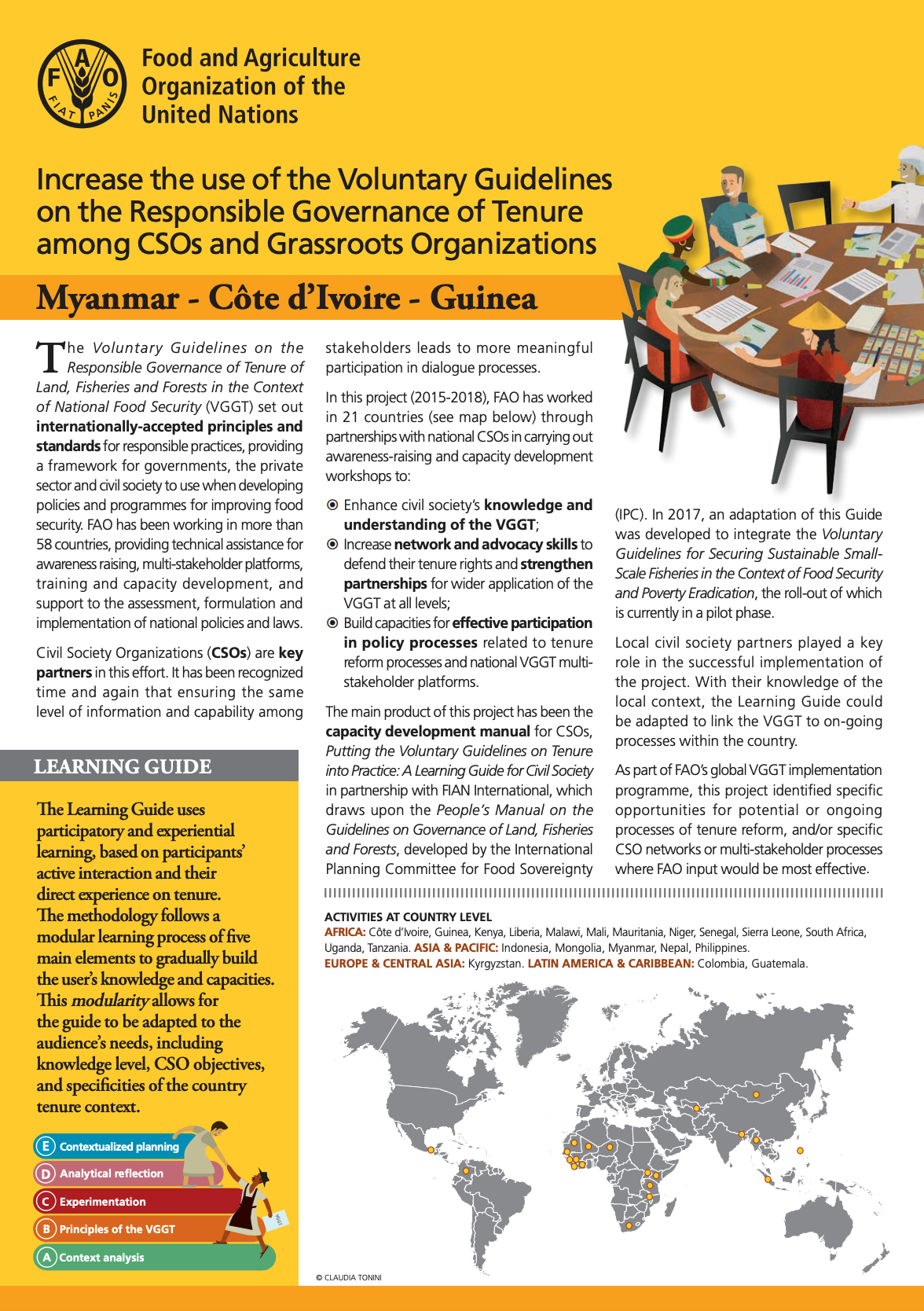Rising global interest in farmland: can it yield sustainable and equitable benefits?
This paper analyses issues that affect the role of agriculture as a source of economic development, rural livelihoods and environmental services. Using experiences of land expansion in Asia, Latin America and the Caribbean, Eastern Europe, and sub-Saharan Africa, it assesses the extent to which recent demand for land differs from earlier processes of area expansion and identifies the current challenges, in terms of land governance, institutional capacity and communities’ awareness of their rights.


